By Brooke C. Stoddard
History is as solid as bricks. Things happened and they can’t be changed.
But they can be seen with a fresh eye, or they can be noted for effects not apparent at the time. This is the nature of attempting to identify “turning points in history,” postulating events that might easily have been otherwise, such hypotheticals then followed by wholly different sequences.
Thus the inclination to list “decisive battles” in history, the exercise of showing what would have developed had a struggle ended differently. No one has precisely the same list, but then that wouldn’t be much fun anyway.
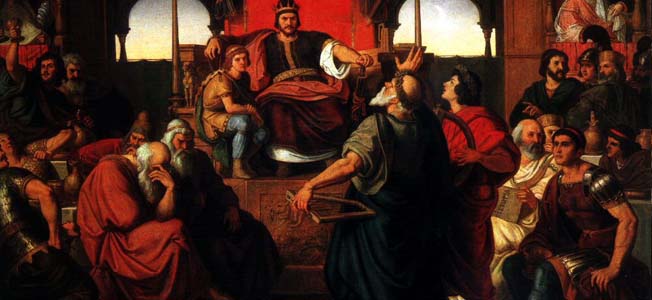

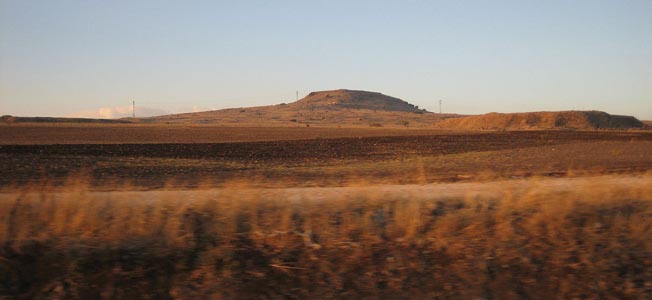
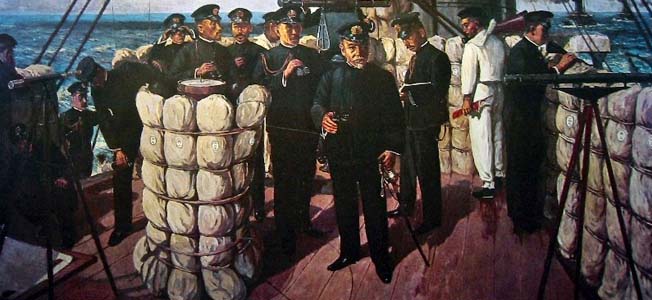
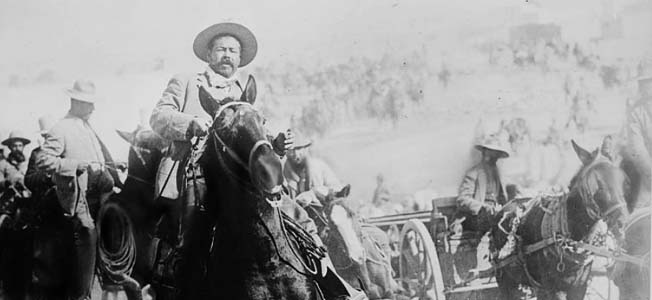
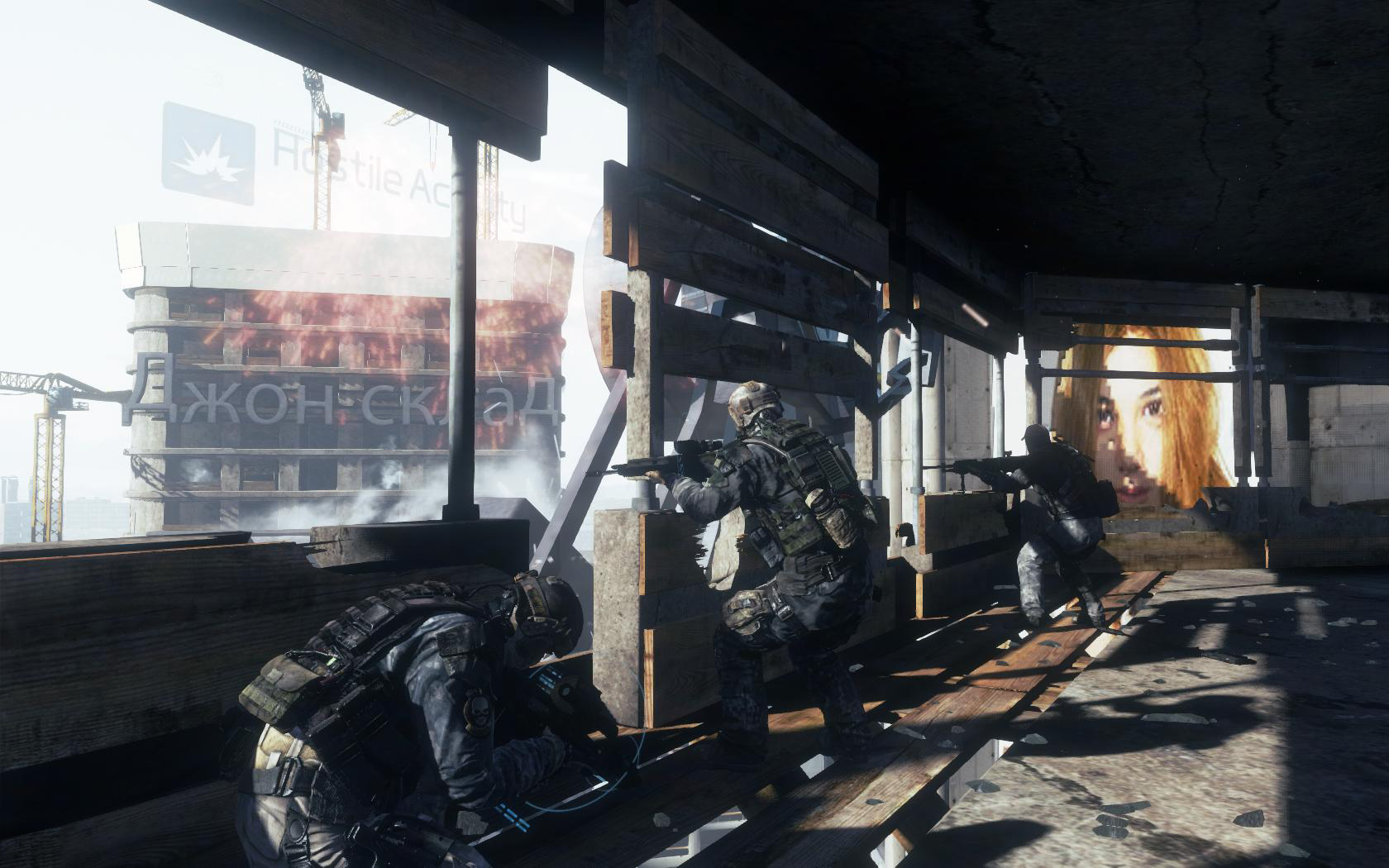
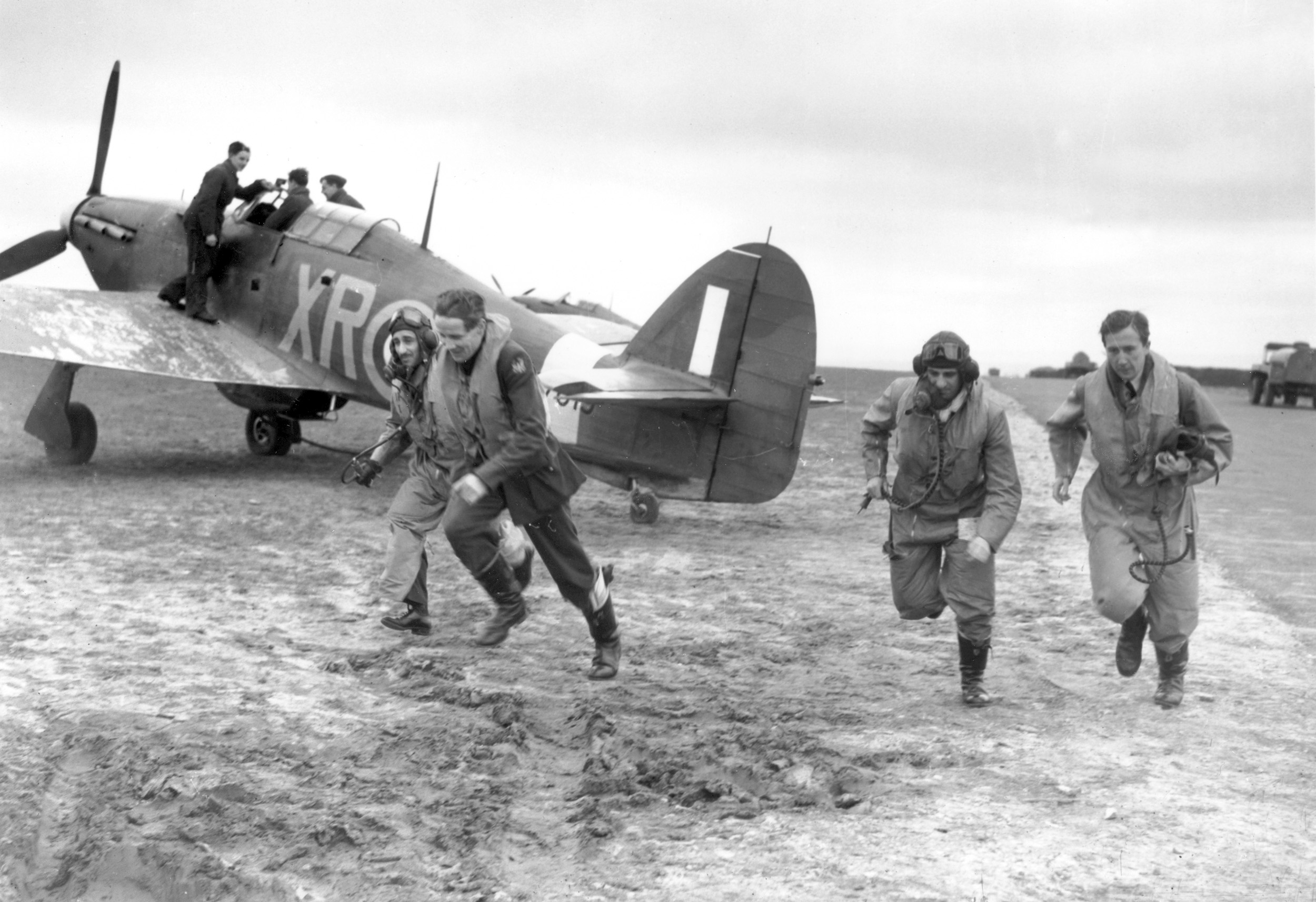
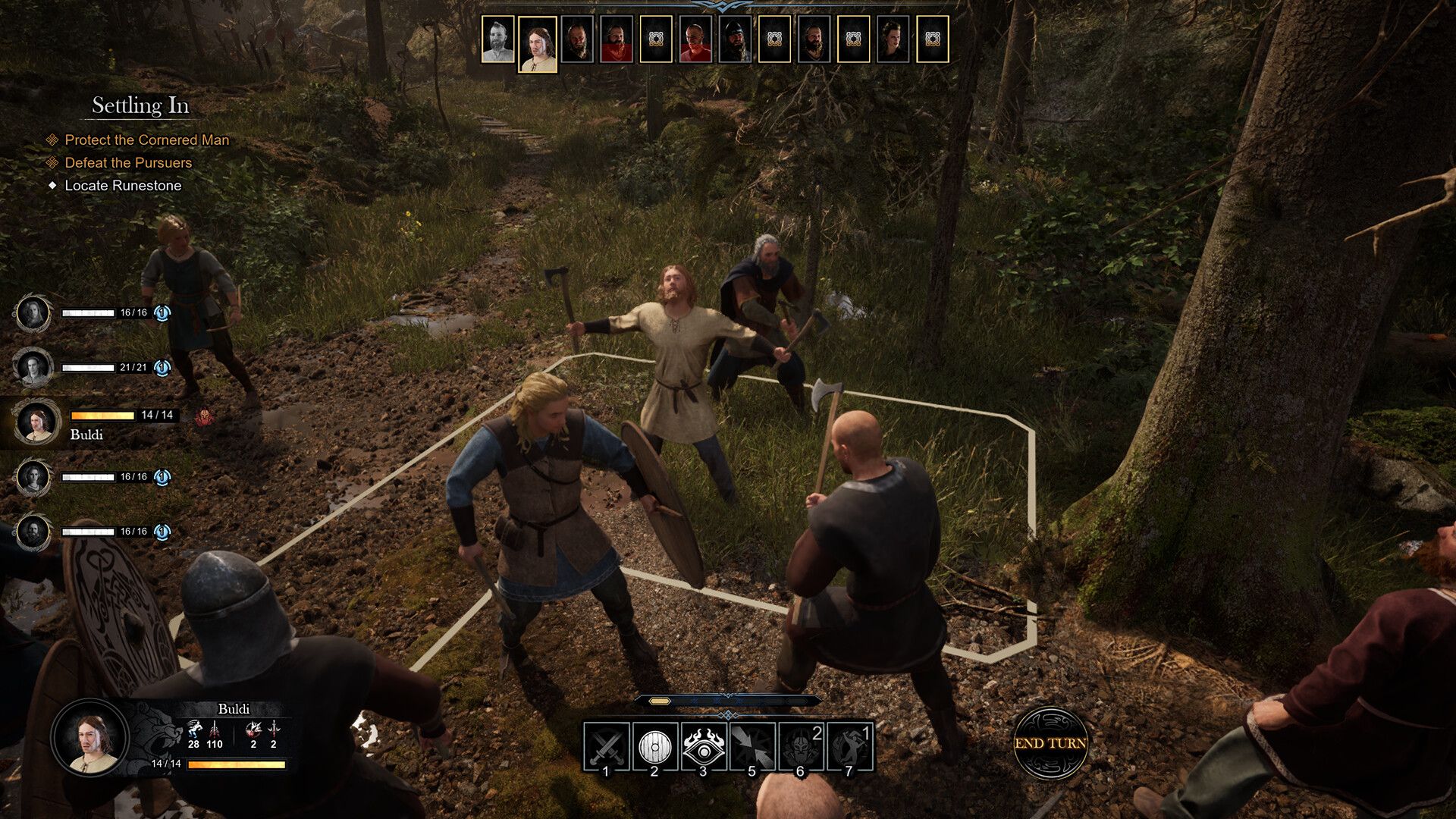
Interesting point about the battle from a macro standpoint is that it took place during the waning of the Western Empire. Still, the Empire prevailed by sheer determination and great necessity. Attila’s death later gave a period of respite but the Empire was unable to reform and rebuild to resist onslaughts from other forces.